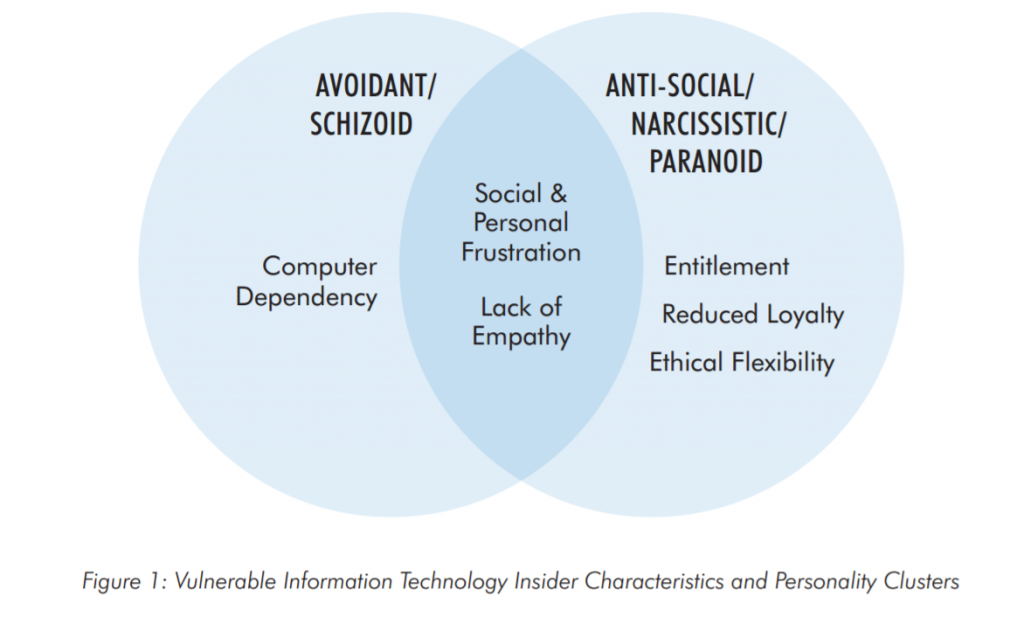Dear Ed,
You asked me to share some of my experiences as a cleared professional, asked me to explain exactly why I acted like I did. Once you know my story, you’ll know exactly what pushed me to the conclusions I reached, and let me tell you, it’s not all my fault. There are plenty of others who share the responsibility—cleared professionals just like me, with decades in the business.
When all of this went down, I was 42 years old. I’d been working for the agency going on 11 years. I was dedicated to the agency, to the people, to the mission. And I’d put in plenty of overtime helping the organization succeed. I was the one who would stay late when it meant getting products to our customers who needed them. I was the one who would go around the office and thank my colleagues for their work, hoping the boss would see me doing it, maybe learn a little about leading people, making them feel valued for their contributions. It was all very, very important to me. But I was pretty quiet about all of it.
That sort of dedication doesn’t come without a cost. Somebody’s going to pay the piper. And it’s not cheap. The long hours without overtime, the days away from home, bending over backwards to help everyone else while neglecting myself. I can’t count how many times I had to stay late to finish my own work because I’d spent the day helping somebody else get it right. I suppose that’s a big reason Lisa left me and took me for just about everything I was worth along the way. It was tough. But she didn’t take everything. I still had my job, my colleagues, our mission.
And in hindsight, I can tell you that the divorce was good for me, just a good opportunity to reevaluate my life. You know, figure out what I was doing wrong, where and why I was coming up short no matter how much I contributed—to work, to my family. And things finally started making sense to me. I quit coming in early. And I quit staying late. I quit sweating so much if the t wasn’t crossed and the i wasn’t dotted just right. Rather than sit at my desk all day looking through resources, I started spending a little time surfing the web, joined Facebook and Twitter where I found people who seemed to understand how I was feeling. I started saying yes when someone asked if I wanted to go to happy hour, and stopped saying no when I was offered another drink. Suddenly, I was about me again . . . it had been so long I had almost forgotten that I existed. That I was important. That I was valuable to the team. That I was owed a little bit of the windfall.
Insider Threat Red Flags
See any red flags here? If you’re a cleared professional who’s undergone insider threat training, or you’ve recently read the Intelligence and National Security Alliance’s, ‘Assessing the Mind of the Malicious Insider: Using a Behavioral Model and Data Analytics to Improve Continuous Evaluation,’ you should.
The INSA report cites an insider threat case study conducted by former Central Intelligence Agency (CIA) psychologist Dr. Jerrold Post and colleagues in the 1990s. Their research revealed a cluster of psychological characteristics that increased the risks of taking damaging insider threat actions.
Since that 1990s study several additional studies on predicting insider threat behaviors have taken place. They all generally support the same basic pattern. Insider threats are progressive. Rarely do you have an individual who begins a government career with the day one aim of espionage. But as social and emotional stress compounds, some individuals begin to exhibit behavior both at home and the office that act as warning signs of what (might) be to come.
Thanks to Security Executive Agent Directive (SEAD) 3, it will soon be the obligation of cleared professionals to report red flag behaviors when you see them. For the individual above, we clearly see the following issues. These aren’t specifically reportable offenses but they’re certainly red flags worth watching:
- Sense of entitlement
- Mission-focus
- Perceived lack of recognition
- Personal stress (divorce)
- Reduced loyalty/work production
- Change in online behavior
- Change in social behavior
Taken alone, a single red flag, be it a personal issue or professional one, would not be cause to question a coworker’s loyalty. Taken together, however, these behaviors may exhibit a pattern.





